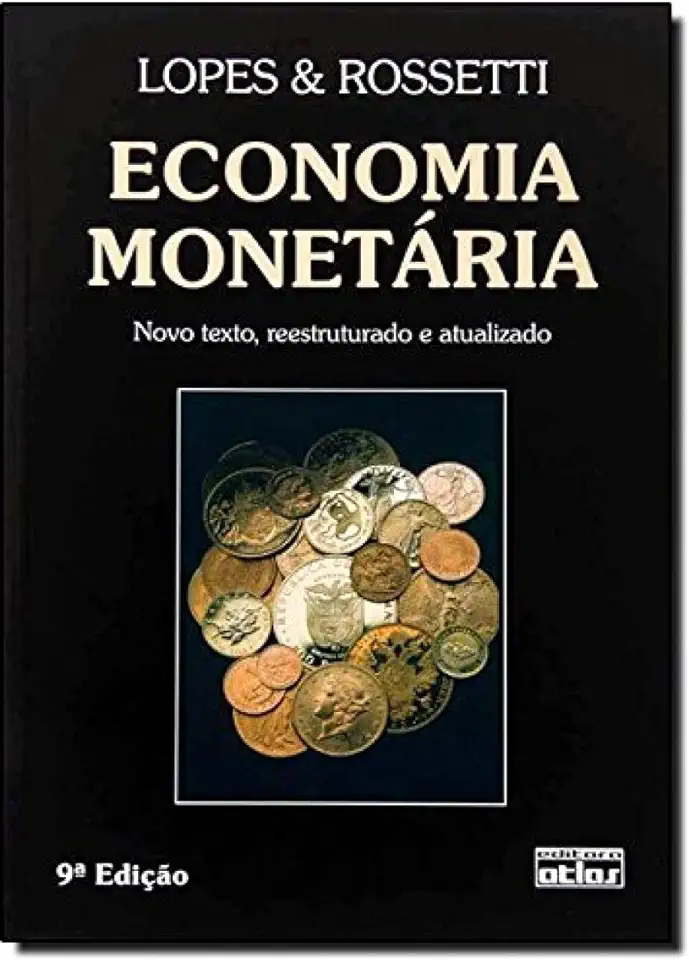
Monetary Economics - João do Carmo Lopes / José Paschoal Rossetti
Monetary Economics: A Comprehensive Guide to the World of Money and Banking
Introduction
In today's complex and ever-changing financial landscape, understanding monetary economics is crucial for navigating the intricacies of money, banking, and financial markets. Monetary Economics, authored by the renowned economists João do Carmo Lopes and José Paschoal Rossetti, offers a comprehensive and accessible guide to this fascinating field. With its in-depth analysis, real-world examples, and engaging writing style, this book is a must-read for students, professionals, and anyone seeking to deepen their knowledge of monetary economics.
Understanding Money and Its Functions
The book begins by exploring the fundamental concepts of money, its origins, and its various functions. Lopes and Rossetti provide a clear explanation of the different types of money, including commodity money, fiat money, and electronic money, and discuss the role of money in facilitating transactions, storing value, and serving as a unit of account.
The Role of Central Banks and Monetary Policy
Central banks play a pivotal role in managing a country's monetary system and implementing monetary policy. The authors delve into the operations of central banks, their objectives, and the instruments they use to influence the money supply and interest rates. They also examine the challenges central banks face in achieving their goals, such as inflation targeting and financial stability.
Financial Markets and Interest Rates
Monetary Economics provides a comprehensive overview of financial markets, including money markets, bond markets, and foreign exchange markets. The book explains how these markets function, the role of interest rates in determining asset prices, and the impact of monetary policy on financial markets.
International Monetary System
In an increasingly interconnected global economy, understanding the international monetary system is essential. Lopes and Rossetti explore the different exchange rate regimes, the role of reserve currencies, and the challenges of managing global liquidity. They also discuss the impact of international trade and capital flows on exchange rates and monetary policy.
Financial Crises and Monetary Policy
The book concludes with an examination of financial crises and the role of monetary policy in mitigating their impact. The authors analyze the causes and consequences of financial crises, the challenges central banks face in responding to these crises, and the lessons learned from past episodes.
Why You Should Read Monetary Economics
Monetary Economics is an indispensable resource for anyone seeking to gain a comprehensive understanding of the world of money and banking. With its clear explanations, insightful analysis, and real-world examples, this book provides a solid foundation for further exploration of monetary economics and its implications for policymaking, financial markets, and the global economy.
Whether you are a student pursuing a career in economics or finance, a professional seeking to enhance your knowledge, or simply someone curious about the inner workings of the monetary system, Monetary Economics is a must-have addition to your bookshelf.